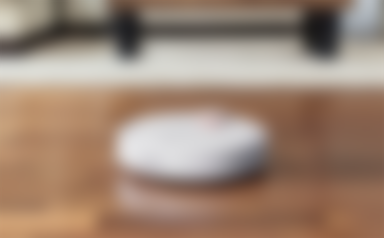Most models of vacuum cleaners connect to the Internet, you can control them using an application from your phone, scan the premises and know exactly what, where and when to clean.
However, all this additional technology makes them more vulnerable to cyber attacks. Research from the University of Maryland has shown that robotic vacuum cleaners are problematic. The researchers there collected data from the laser navigation system of the vacuum cleaner (it is the system that tells them where they are in the room and prevents them from crashing into things).
They analyzed the data, and managed, with the help of several different techniques, to obtain a recording of a conversation and a TV program that took place in the room where the vacuum cleaner was working.
This research showed that any device that uses Lidar (a navigation technology that uses laser to measure different distances around the device) can be hacked and used to collect audio recordings, even if it does not have a microphone in it.
In translation, your robot vacuum cleaner could eavesdrop on you without you even being aware of it. Namely, most of these smart vacuum cleaners store the maps on which they move in the "cloud", which makes them vulnerable to cyber attacks, and thus your security is endangered.

Also, due to the fact that people work mostly from home due to the whole situation, these vacuum cleaners can become a very efficient tool, both for industrial espionage and for stealing sensitive private data, such as bank data.
Just in case, it would be best to have confidential conversations in rooms where there are no smart vacuum cleaners.
Still, maybe a robot vacuum cleaner can make our lives easier, but I still prefer those classic vacuum cleaners, because I am convinced that I will clean nicer and better than a robot!
I wish you a nice and pleasant night! I send you a big greeting until tomorrow!
And see you tomorrow with new topics!
27.11.2020.
Your @MarijaJak

amazing, but I wouldn't want to have this robot.